The Vast and Growing CAPA Network

Since opening in 2013, ushering in a fully interdisciplinary approach to preparing students for effective public action, the Elizabeth Coleman Center for the Advancement of Public Action has not only expanded the scope of study for Bennington students, but it has significantly extended the College’s institutional reach and partner networks.
Led by director Susan Sgorbati, CAPA has evolved and is now organized by a series of initiatives that frequently engage with federal, state, and local agencies, as well as with nonprofits and citizen organizations. More recently, CAPA has grown its scope to develop several institutional partnerships that address international issues. This year, CAPA, in partnership with UVM, has developed the Transboundary Water In-cooperation Network (TWIN)—a network of grassroots organizations, academic and scientific institutions, and individuals sharing a vision of clean water for all. TWIN works to improve border relations, water use practices, water quality, ecosystem services, and public health on both sides of the border and to build resilience to climate change. Partnering with Bard, Vassar, and Sarah Lawrence College, CAPA is an integral lead partner in the Consortium on Forced Migration and Displacement Education (reported in detail on page 28). The program has additionally engaged in partnerships with the Arava Institute for Environmental Studies, the Institute for Environmental Diplomacy and Security at UVM, and the Center for Peacebuilding in Bosnia. These initiatives are often born out of small projects that respond to new challenges identified by students, faculty, and a rotating group of CAPA constituents (from local towns to alumni to staff and concerned citizens).
Most CAPA initiatives began as field-tested proving grounds that have blossomed into more expansive projects or partnerships—a model that flips the traditional partnership paths at institutions. Rather than guiding students into established focuses, CAPA has left plenty of room for faculty and student work to guide institutional collaborations. These, in turn, open a rich and varied network. What follows are just some of the connections that have come as a result.
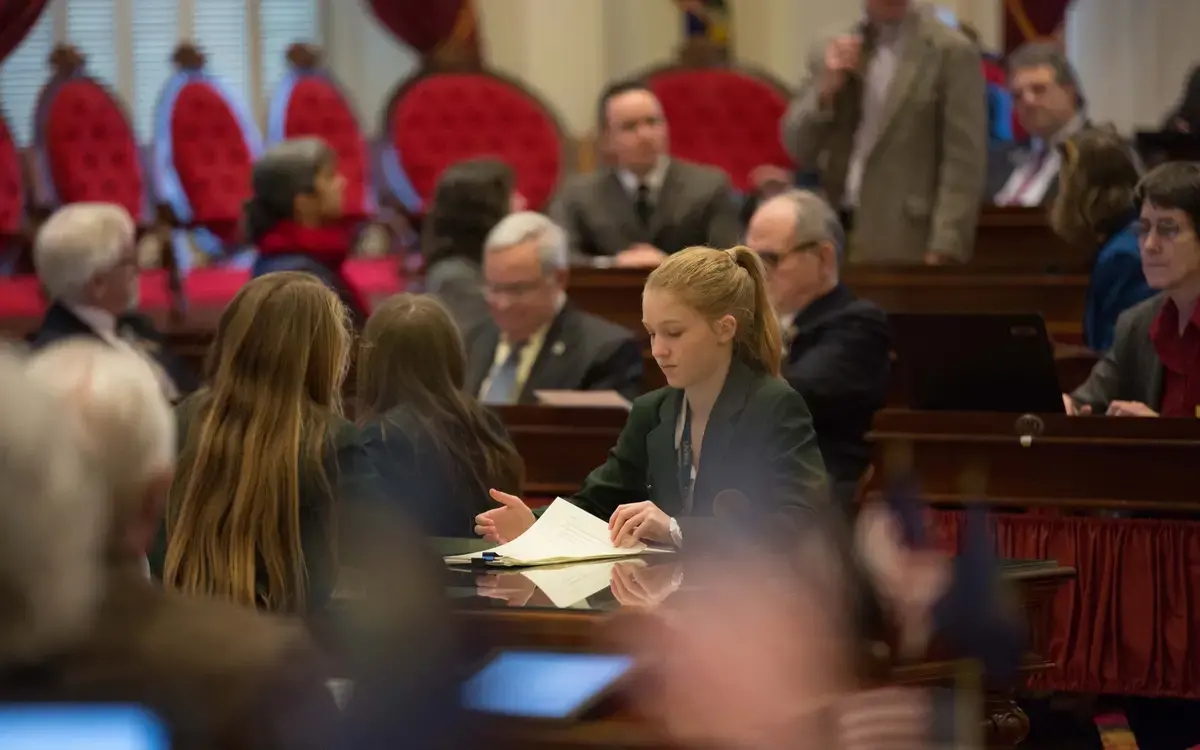
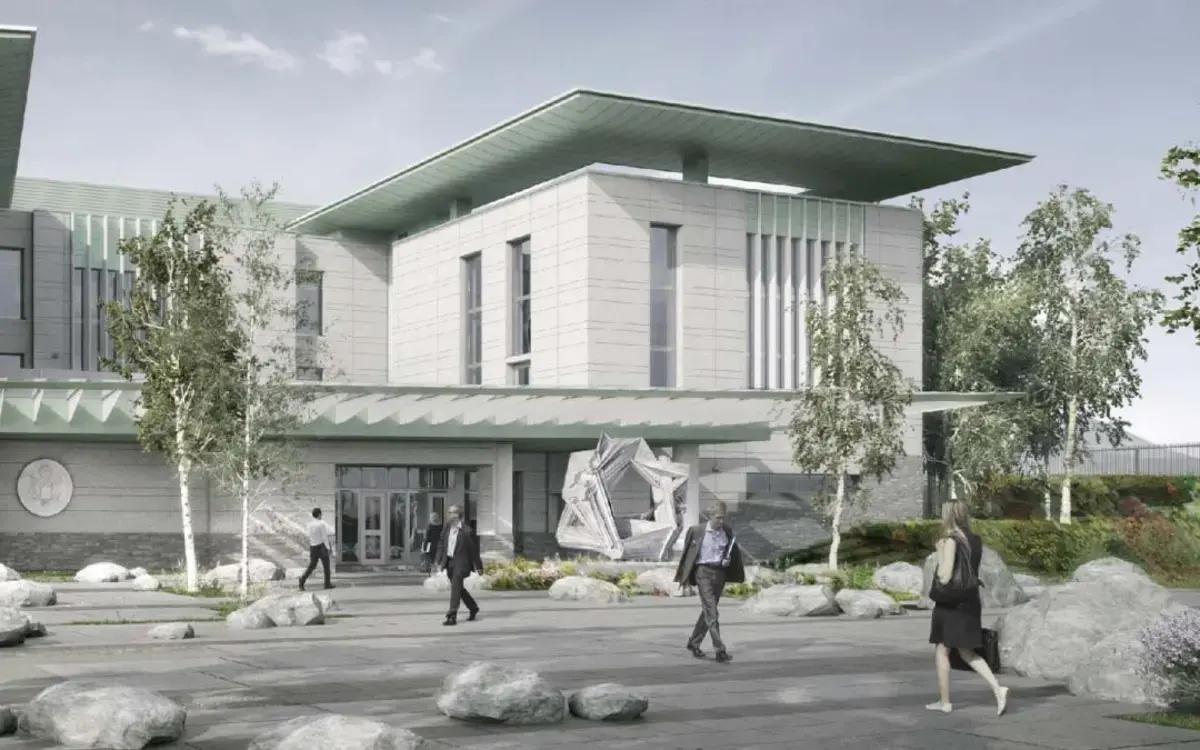
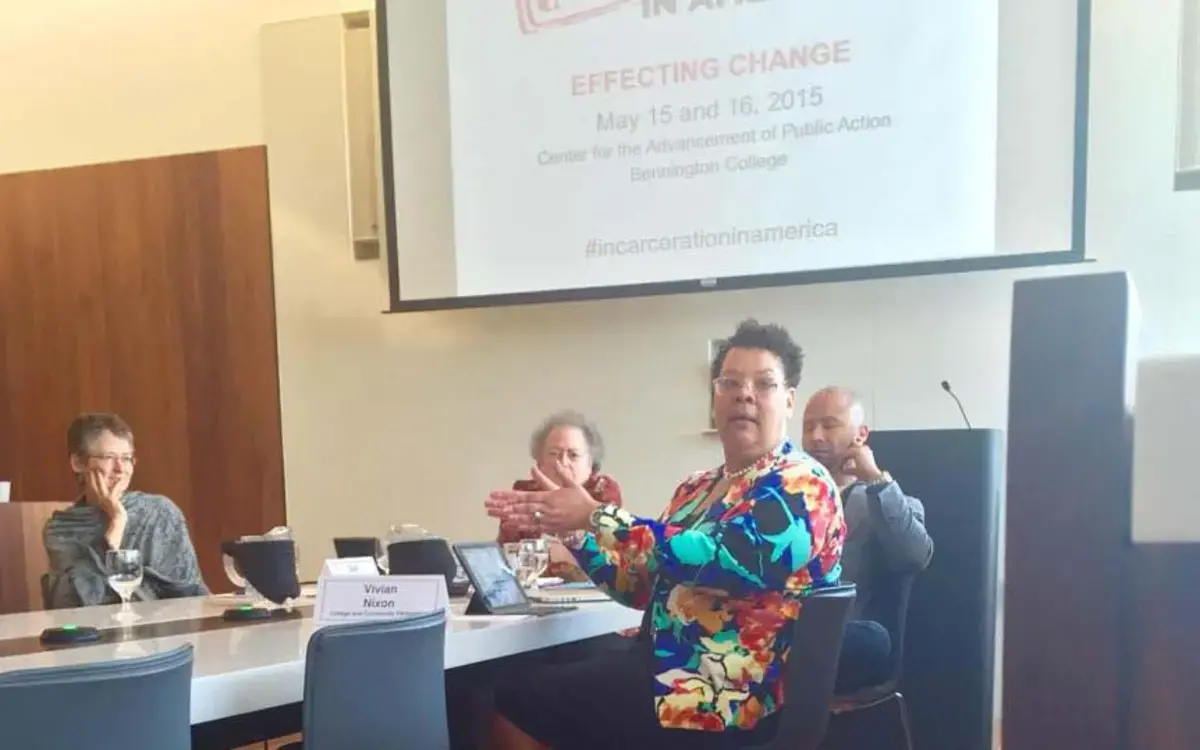
Activating Democracy
CAPA’s Legislative Internship Program provides internship opportunities for Bennington College students with the Vermont legislature. Plans are underway to extend this program to legislatures in other states across the country and to place students in government agencies internationally
Art in the Public Realm
The U.S. Department of State’s Art in Embassies program partnered with a CAPA class to design a large-scale outdoor sculpture, surrounding plantings, and a selection of visual complexity graphics for the new U.S. Embassy in Oslo, Norway.
Environment and Public Action
Through the CAPA Food Clinic—a monthly gathering of community members focused on food access and resources in our community—the Harvest for Kids project was created to provide food to underserved children in Bennington.
CAPA students and a hydropower expert crafted a feasibility study for the Paran Creek Watershed Project. The students presented their study and long-term watershed management plan to the village, which voted to pursue this project.
Human Rights and Peacebuilding
Bringing together the leading scholars and agents of prison reform today, Incarceration in America conferences have helped initiate long-overdue changes to the prison system in America. Partners include JustLeadershipUSA, the Brooklyn Community Bail Fund, and others.
The Prison Education Initiative brings Bennington College faculty members and courses to Great Meadow Correctional Facility in Comstock, New York. In its first three years, faculty members have taught 16 courses in the humanities to more than 30 inmates. This past fall, the National Science Foundation granted Bennington, Bard, and other partner institutions a major grant to support computer science prison education.
Bennington Translates has created a unique forum exploring the literary, humanitarian, medical, and legal work of translation today; to date, CAPA has hosted 17 leading practitioners on campus.
Progressive Education
Bennington College students work with middle and high school students through the Personal Learning Plan Mentoring Program to engage with the implementation of Vermont Act 77.
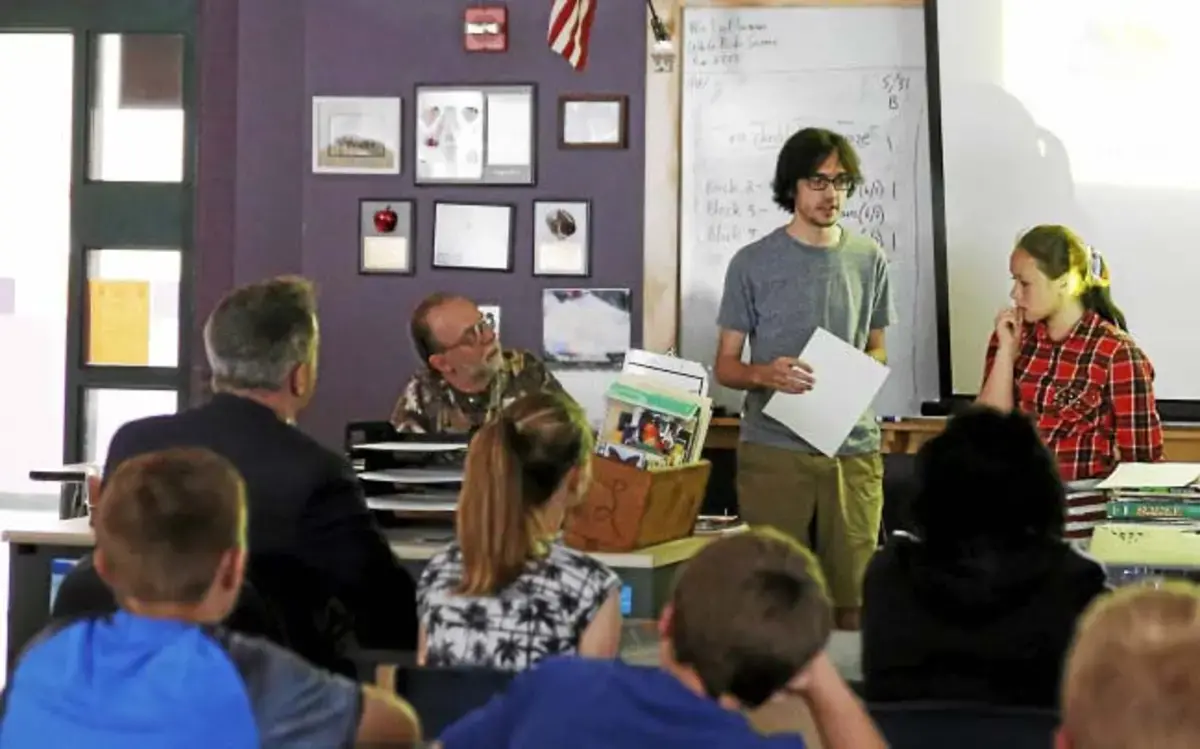
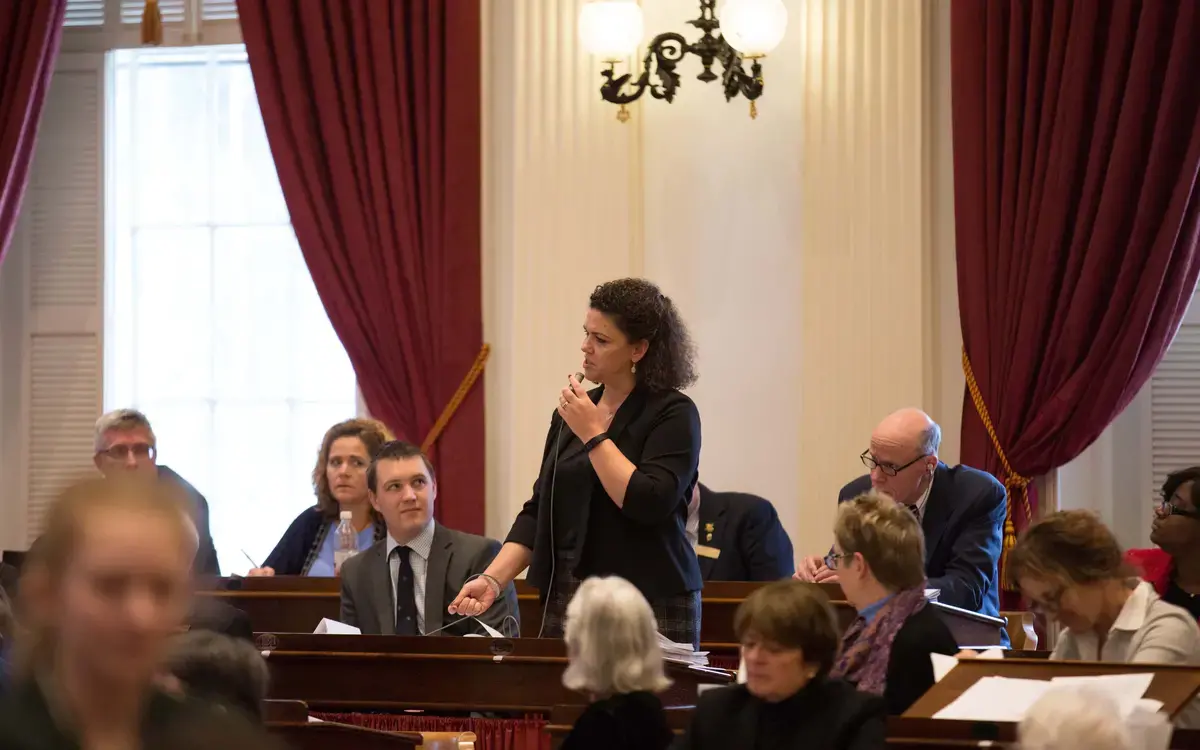
CAPA Legislative Convenings brings together legislators on both sides of the aisle and community activists to carve out a space for dialogue and common ground on important issues. The most recent issues: clean water in Vermont and civic education.
CAPA has held a series of Public Policy Forums that invites guest speakers from the public and private sectors to address a range of important topics in the current national dialogue. Topics have included clean water, immigration, foreign relations, and the media.
Future Studio engages business as a creative space for design and social purpose. The collaborative design of new products and training in creative entrepreneurship takes place in the classroom and in locations around the world. See Bennington’s winter 2015 Curricular Innovation issue for more information.
In conversation with regional food issues, a CAPA/ Visual Arts course joins with members of the Bennington community to make hundreds of ceramic bowls for the Bennington Empty Bowls Soup Supper.
With support from the National Science Foundation, Understanding PFOA trains students and local residents in the environmental science of the emergent water contaminant PFOA and equips science classrooms to produce independent data on PFOA.
CAPA students created the Bennington Seed Library, a public seed-sharing program that seeks to empower community members through education and promotion of local food sovereignty.
Working with the EPA and regional partners, CAPA students in the North Bennington LED Project researched, planned, and ultimately convinced the village to switch streetlights in North Bennington to LEDs, reducing energy usage and cost by one-third.
The student-led Bennington College Incarceration Taskforce (BCIT) compiled the latest findings on incarceration reform, testified in the Vermont legislature on relevant bills, and initiated public discussions on the issue.
The CAPA Leadership Institute, a 10-day residency for young leaders from conflict zones around the world, provides skills in project management and conflict resolution, and seeks to build a global network of environmental leaders.
Bennington College students piloted and lead After-School Workshops for students at Molly Stark Elementary School in Bennington.
GANAS, a student-led, CAPA-sponsored initiative, works to improve the wellbeing of an often overlooked demographic of our region: migrant labor. Through volunteer work and collegiate partnerships, GANAS is forging a new model of engagement with the Bennington community.
Experts from Afghanistan and Pakistan were brought together by CAPA and the Institute of Environmental Diplomacy and Security (IEDS) at the University of Vermont to discuss issues around the contested Kabul River Basin. This week long convening led to the establishment of the Transboundary Water In-cooperation Network (TWIN), a network of networks that connects transboundary partners globally. For more on this visit transboundarywater.org.
Quantum Leap serves high school students through its designated classroom at Mount Anthony Union High School. Several Bennington College students work in the Quantum Leap classroom, including through a joint class called The Sababa Project offered each year between the high school and the College.